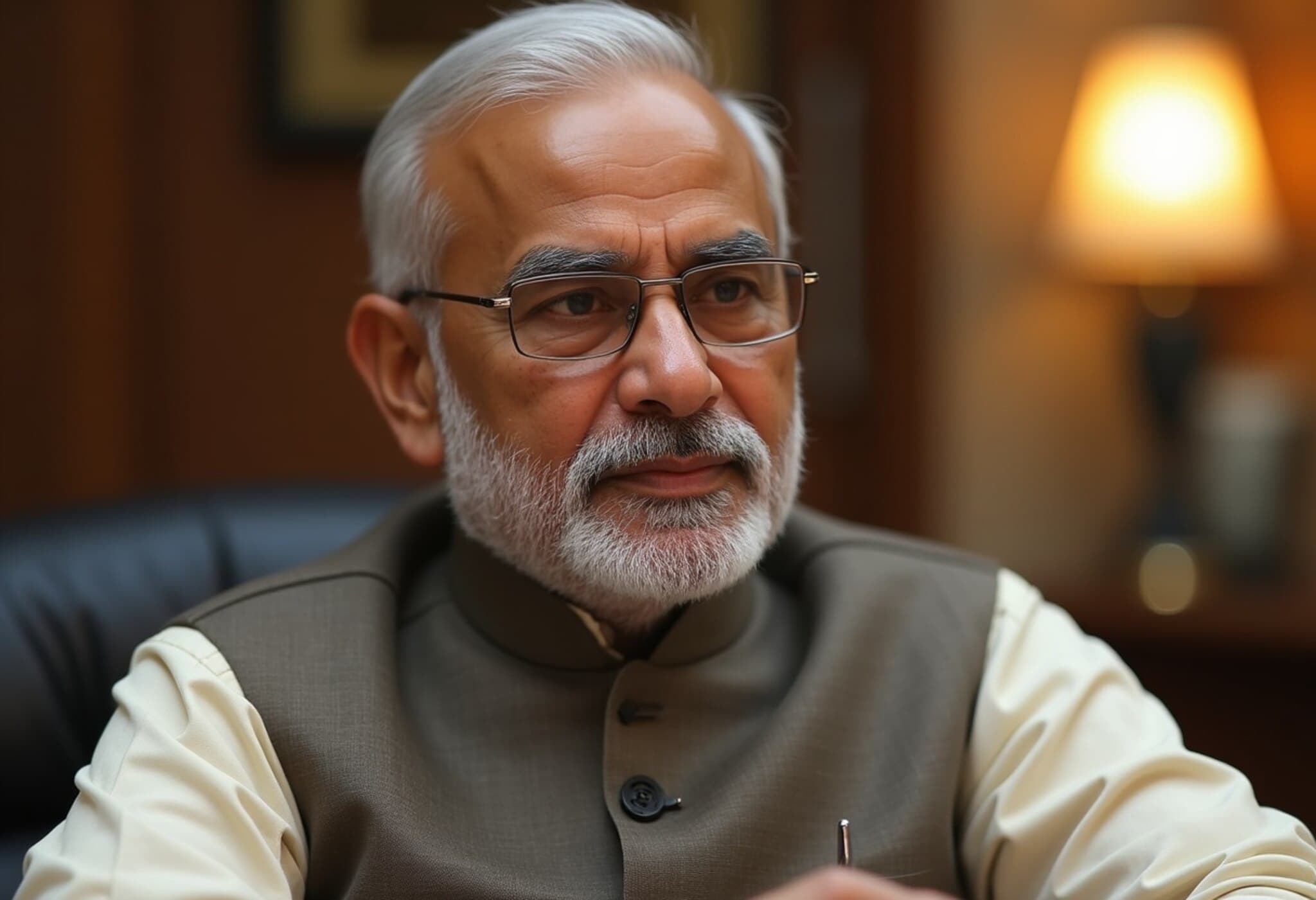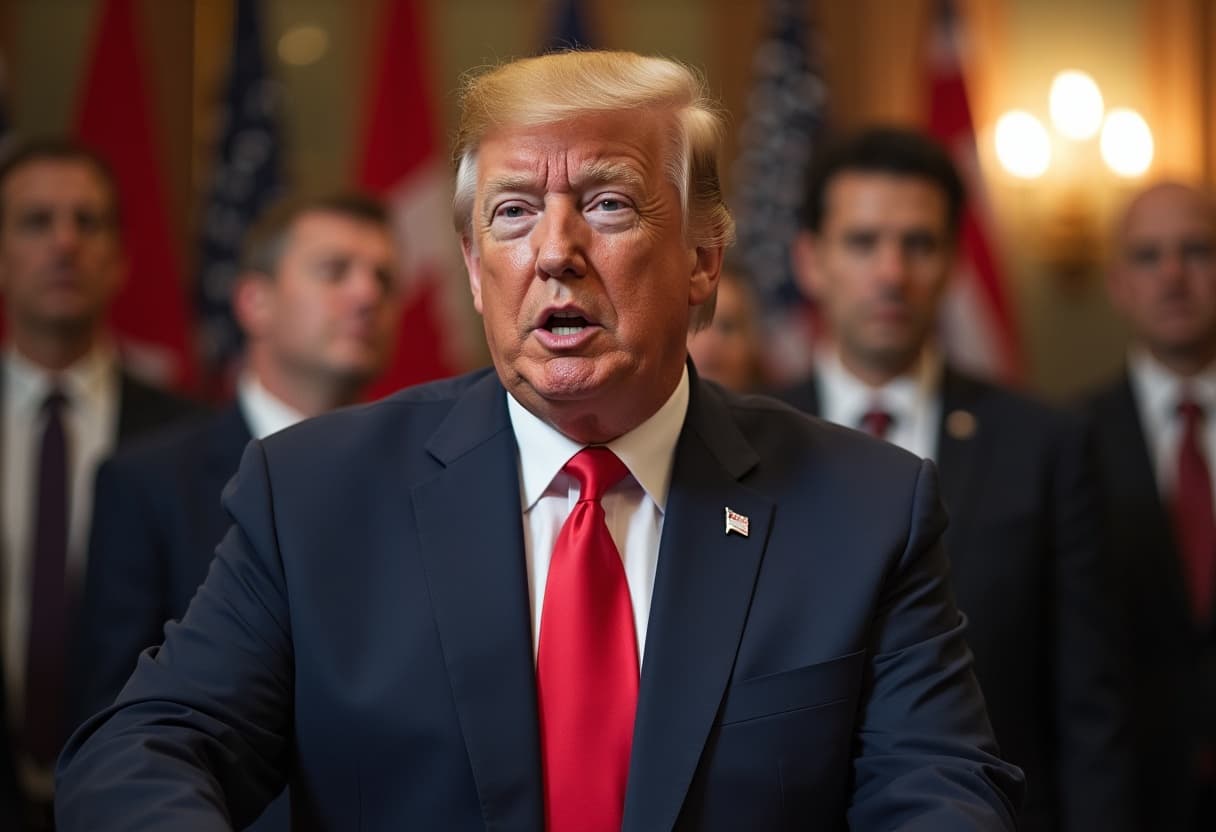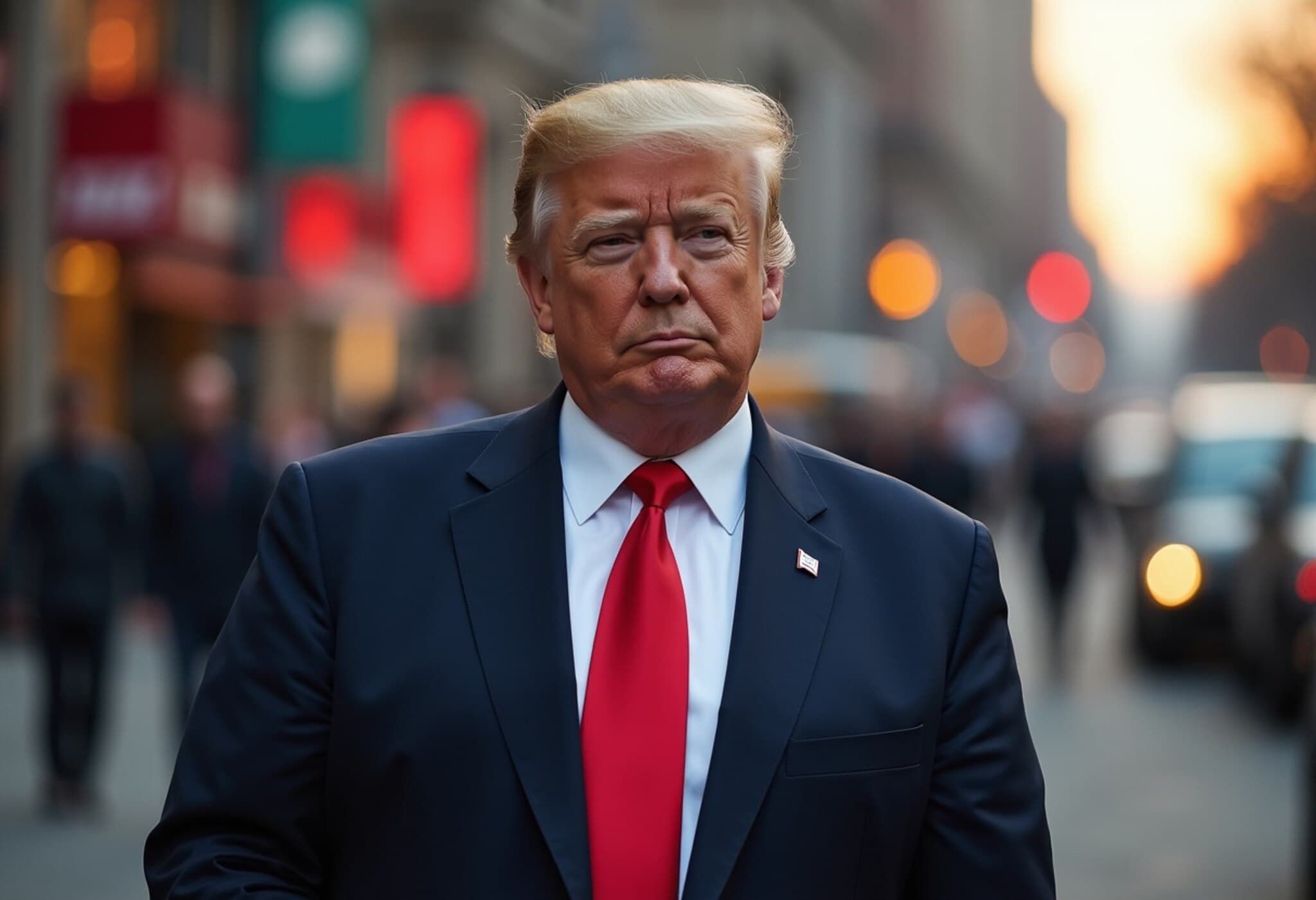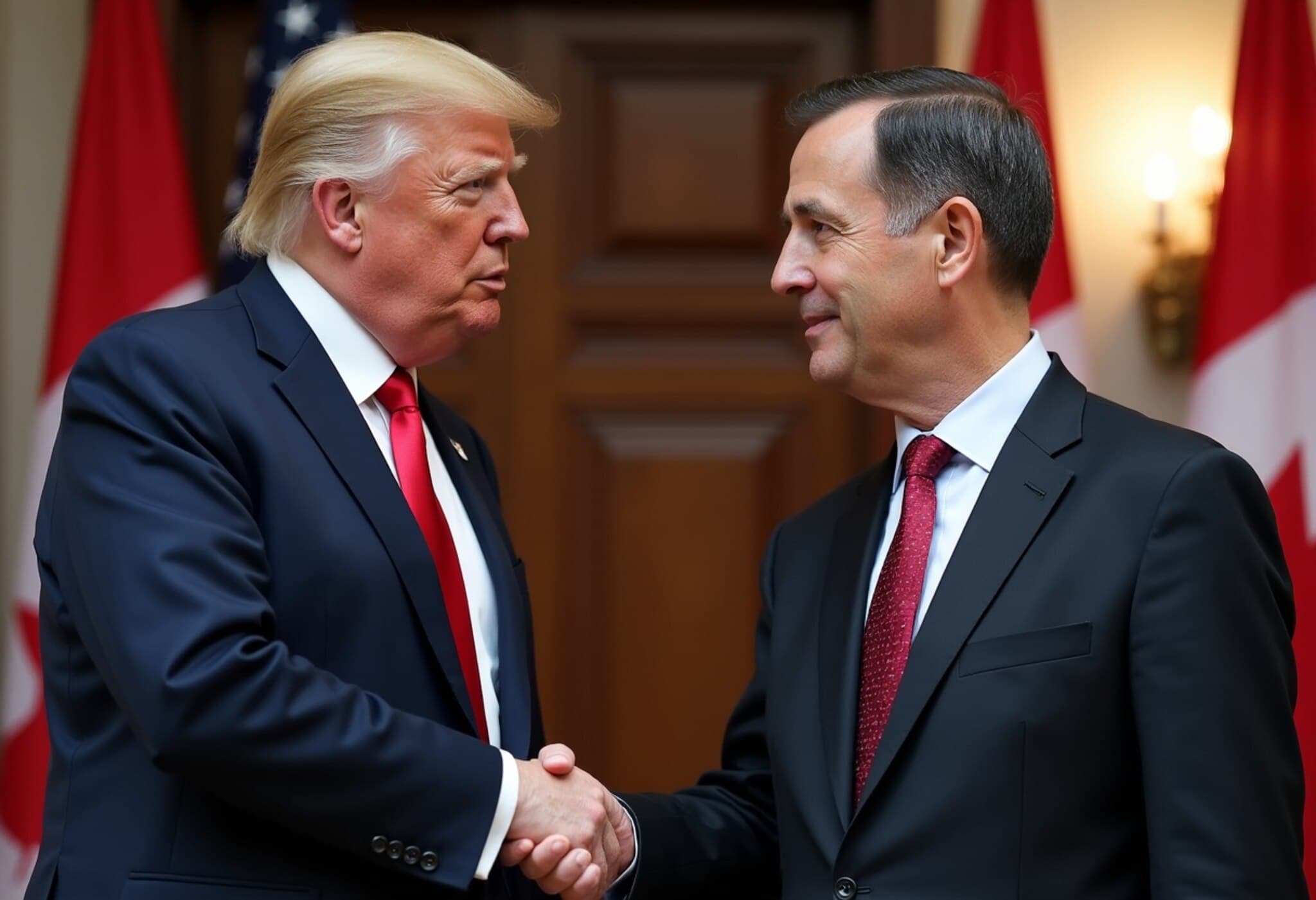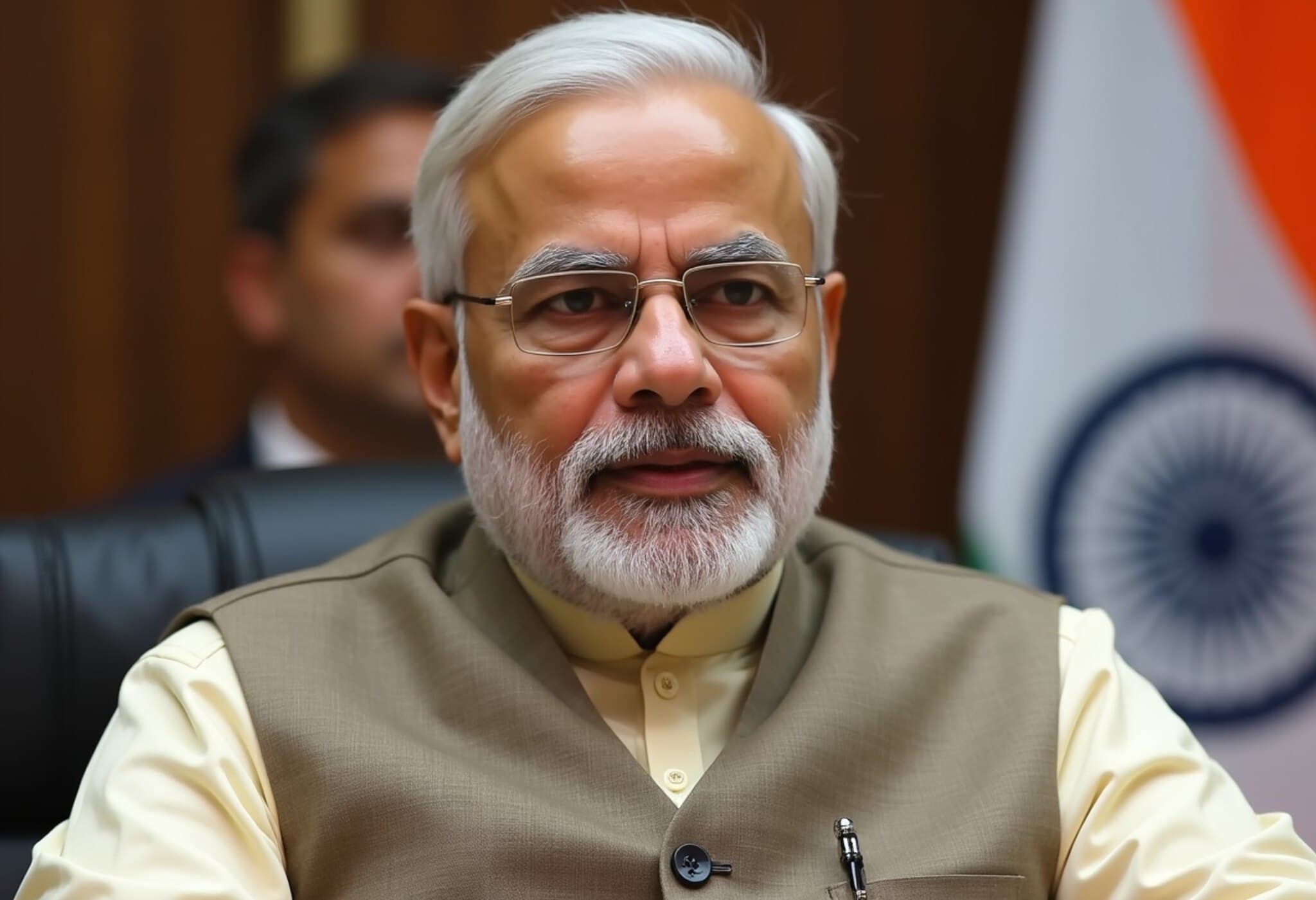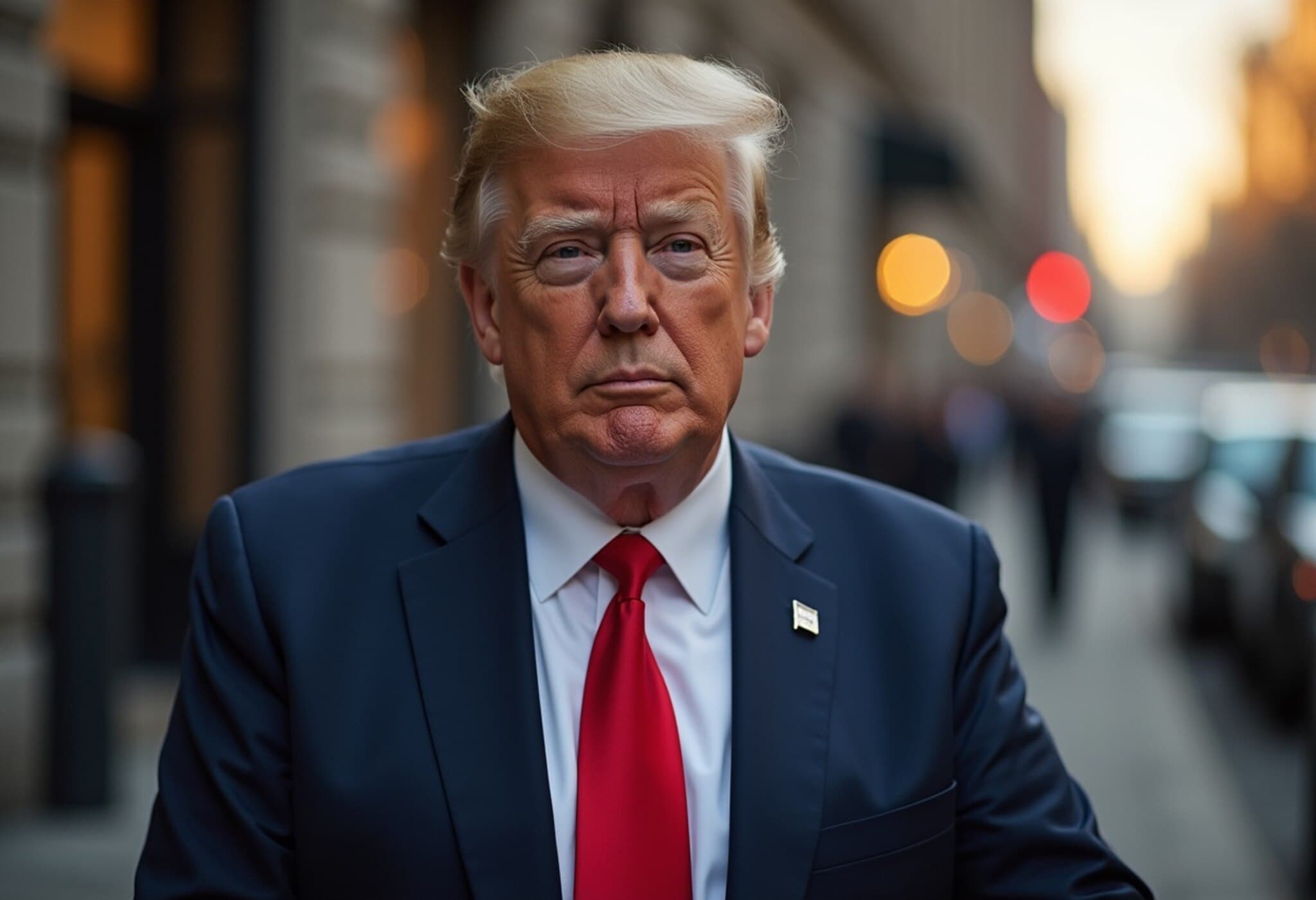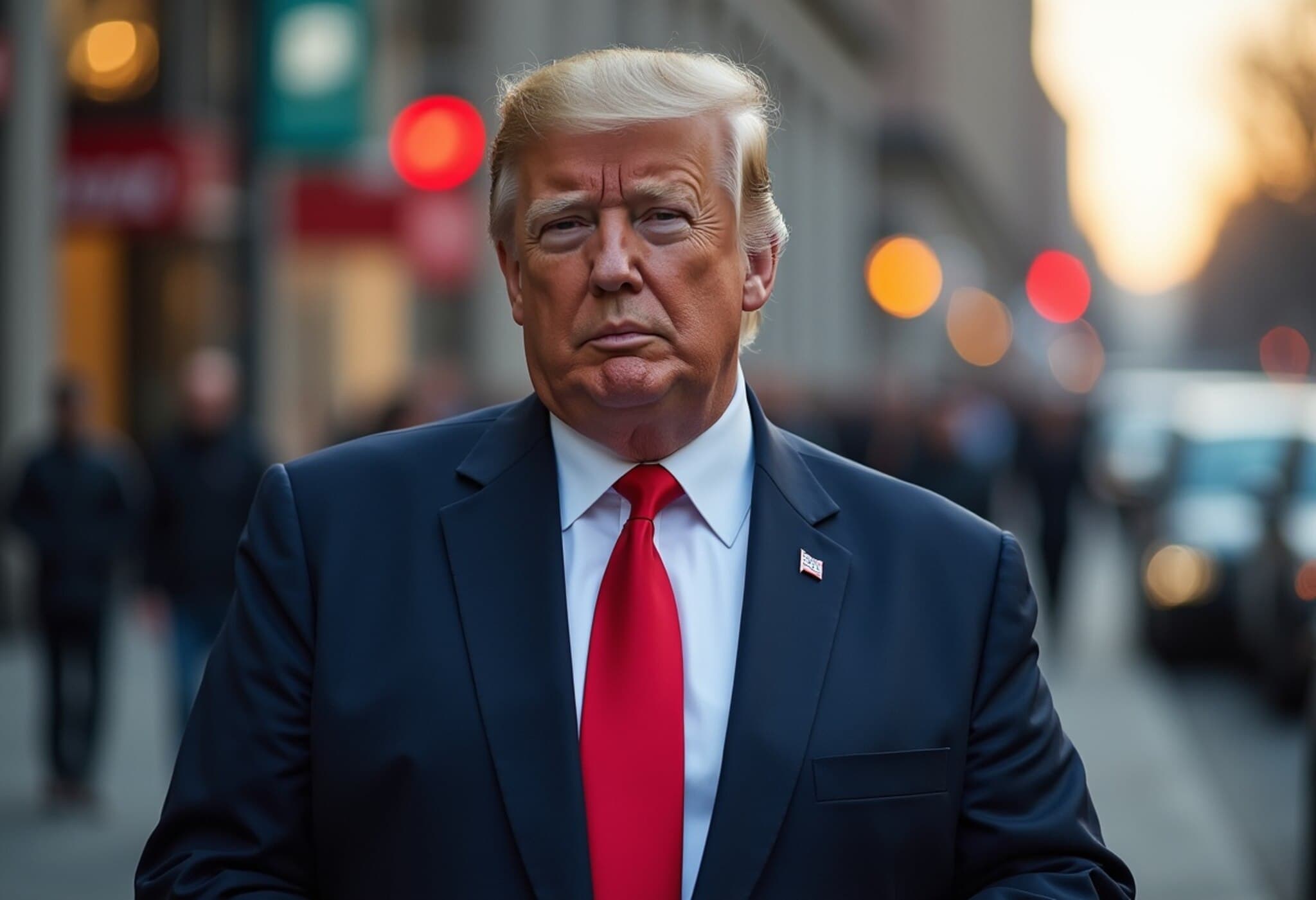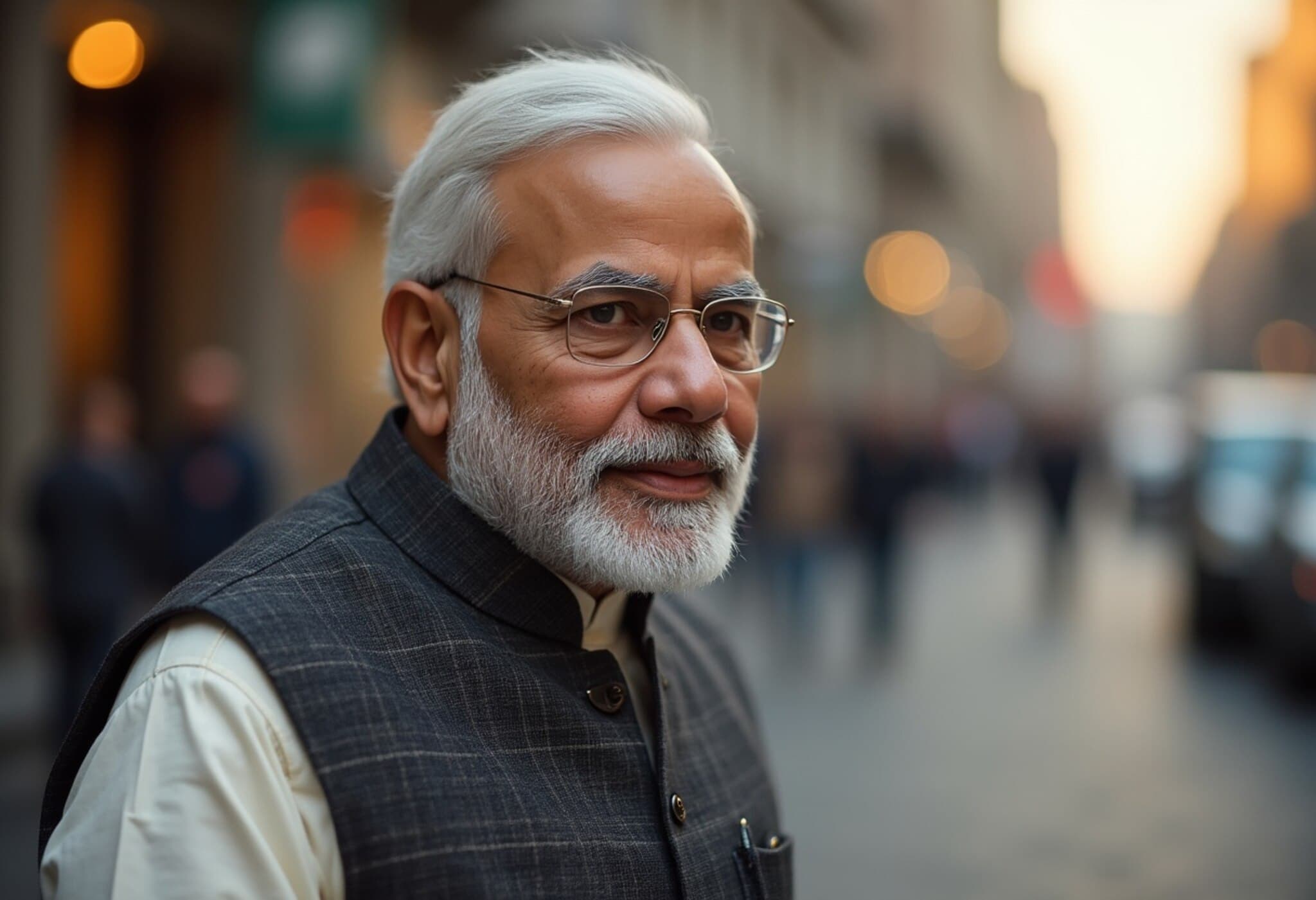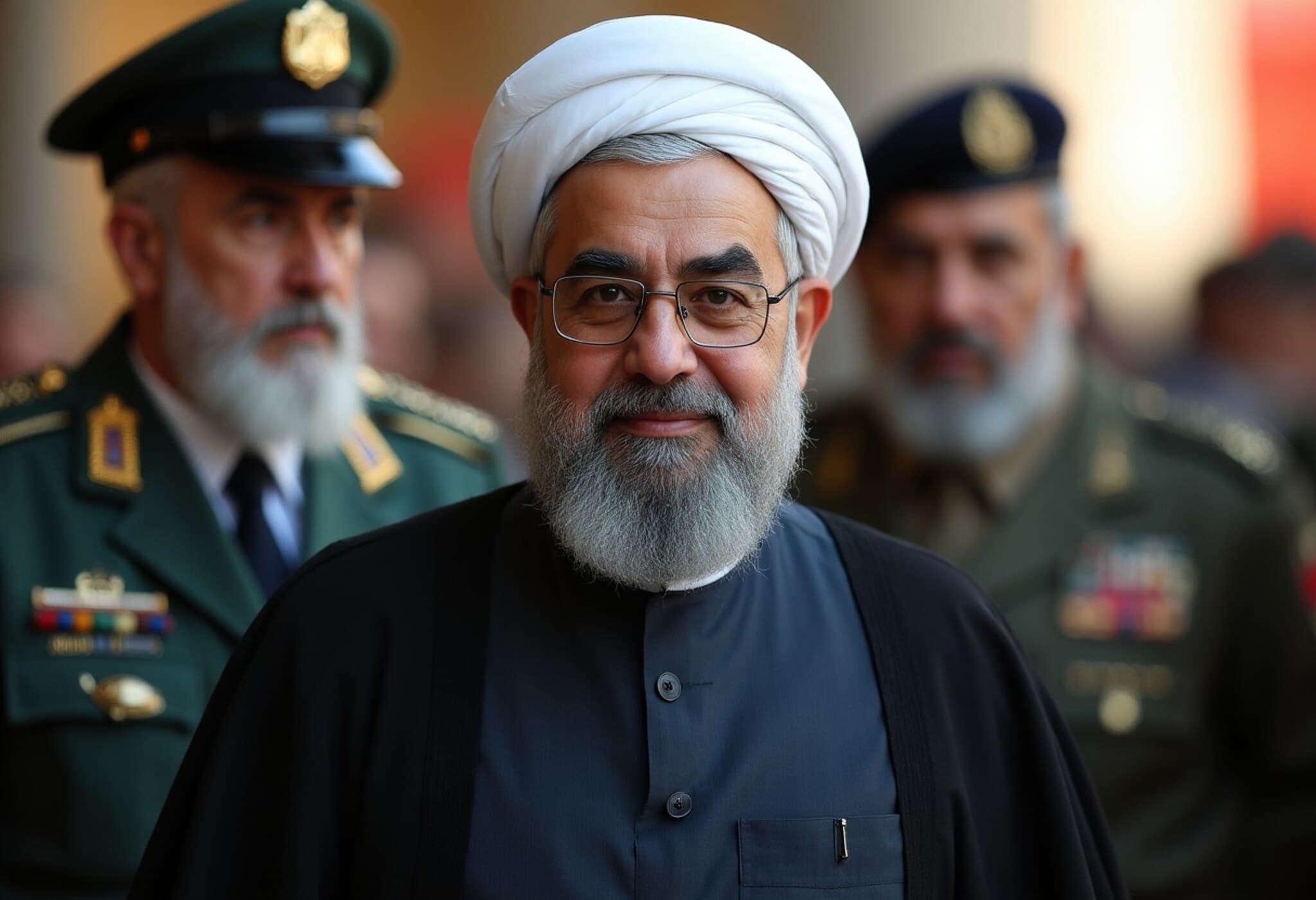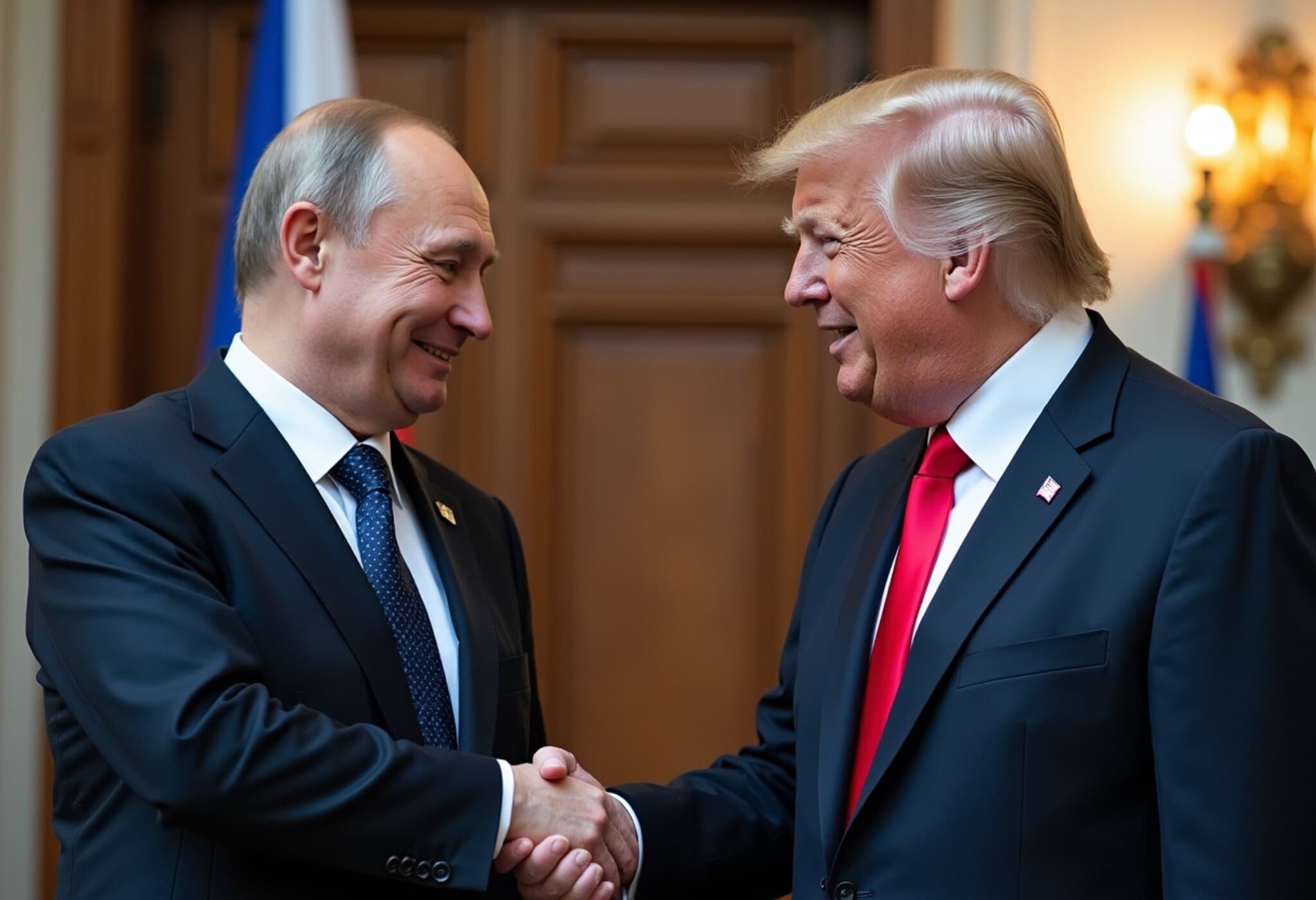India Pushes Back Against US Tariff Policies
In a candid critique that echoes broader geopolitical tensions, India’s Defence Minister Rajnath Singh openly addressed the underlying mindset behind recent US tariff measures targeting Indian exports. Speaking at the inauguration of the BEML Rail Hub in Madhya Pradesh’s Raisen district, Singh pointedly criticized the notion of 'we are the world’s boss' as a driving force behind protectionist policies aimed at impeding India’s economic ascent.
Tariffs as a Tool of Economic Bullying?
According to Singh, this mentality has manifested in attempts to artificially inflate the cost of Indian goods internationally, thereby discouraging their purchase. He remarked, “Many wonder how India is growing at such a fast pace. They are trying their best to ensure goods made in India by Indians are costlier than goods made in their countries”. This, he argues, is a deliberate strategy to curtail India’s expanding global footprint.
Such observations come in the wake of the United States imposing significant tariffs on Indian products — starting with a sweeping 25% tariff announced on July 31, later doubled to 50% in response to India’s continued purchases of Russian oil amidst geopolitical pressures. Industry estimates suggest that these tariffs could slash Indian exports to the US market by as much as 60%, threatening sectors ranging from textiles to marine products and edible goods.
Expert Insight: The Economic and Strategic Dimensions
Economic analysts see this tariff escalation as part of a broader US strategy to renegotiate trade balances and assert dominance amid changing global power dynamics. The US approach reveals an underlying tension between emerging economies asserting greater market power and traditional economic giants wary of losing leverage.
Policy experts note that while tariffs can serve as short-term leverage, they often risk long-term trade relationships and can backfire by encouraging targeted countries to diversify exports or strengthen self-reliance.
Voices from India: Fighting ‘Dadagiri’ Through Growth and Technology
Complementing Singh’s remarks, Union Minister Nitin Gadkari implicitly criticized such heavy-handed economic measures, describing them as forms of 'dadagiri' — a Hindi term connoting bullying or coercion. Gadkari pointed out that such tactics succeed mainly because of economic and technological superiority.
He asserted, “No one will be able to bully India if India’s exports and economy pick up pace.” Emphasizing indigenous technological advancement and resource development, Gadkari linked economic strength directly to national dignity and global standing.
Looking Ahead: Parliamentary Engagement and Policy Responses
On the political front, the Indian government appears proactive. The Foreign Secretary, alongside Commerce Ministry officials, is scheduled to brief the Parliamentary Foreign Affairs Committee on the implications of the US tariffs. Led by Congress MP Shashi Tharoor, this session aims to map strategic responses and support mechanisms for the most affected sectors.
Reports suggest that the government is considering a stimulus package for exporters in vulnerable industries such as textiles and marine products, aiming to cushion the blow and sustain export momentum amid protectionist headwinds.
Understanding the Bigger Picture
This discourse around tariffs is more than mere trade policy; it highlights the shifting contours of global economic power. India’s fast-growing economy, driven by domestic innovation and market reforms, is increasingly challenging established trade hierarchies. The 'world’s boss' mentality, as called out by Singh, reflects lingering vestiges of unilateralism that some experts argue need reevaluation in a multipolar world.
For investors, policymakers, and businesses, the key takeaway is that nurturing homegrown capabilities and diversifying export markets are essential tools to counter the uncertainties posed by such geopolitical economic maneuvers.
Editor’s Note:
The unfolding dialogue on tariffs underscores a vital question for the global trade ecosystem: Can entrenched power dynamics adapt to the rise of emerging markets without resorting to coercive economic measures? India’s assertive response, both politically and economically, signals a new chapter in international trade where cooperation, innovation, and resilience may redefine traditional narratives of dominance.

